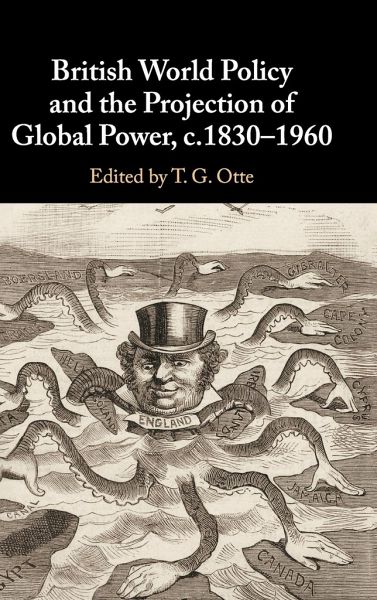
British World Policy and the Projection of Global Power, c.1830-1960

PAYBACK Punkte
55 °P sammeln!
Reshapes the discourse surrounding the nature of British global power in this crucial period of transformation in international politics.



